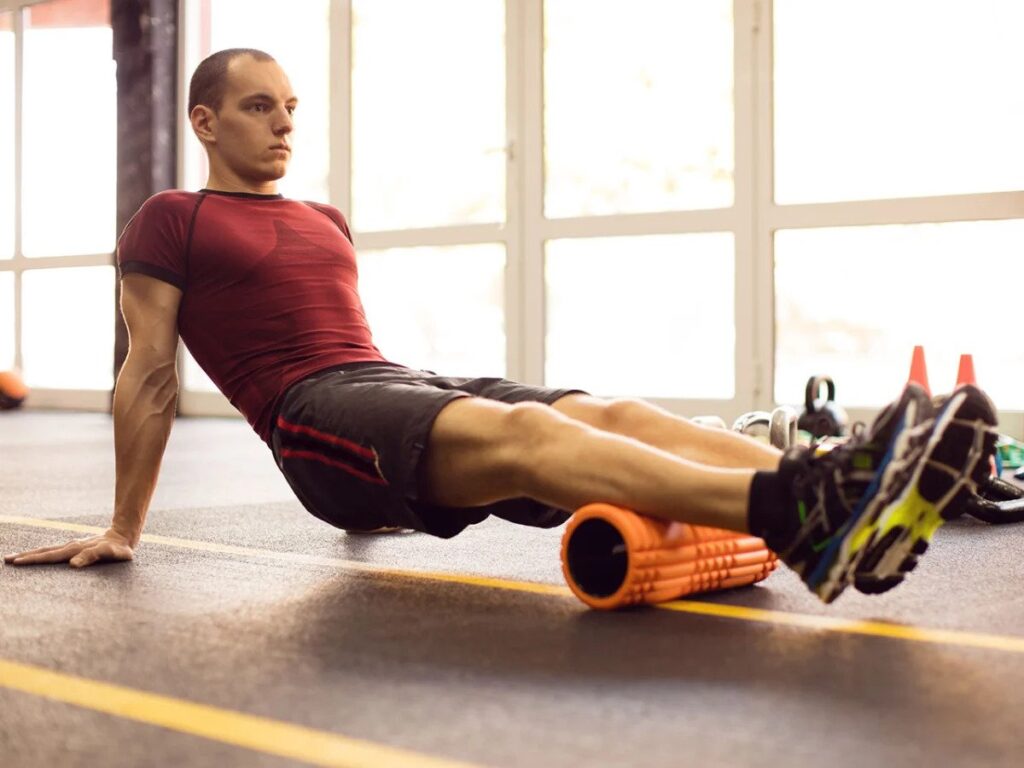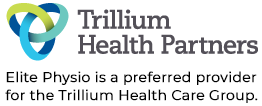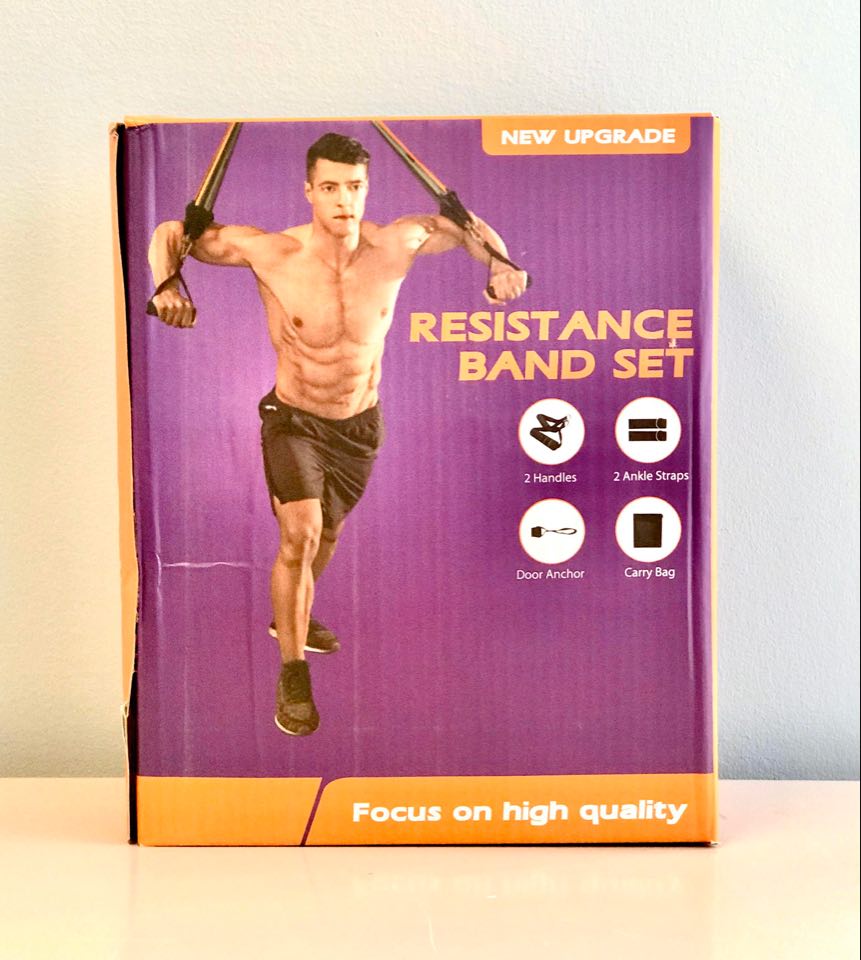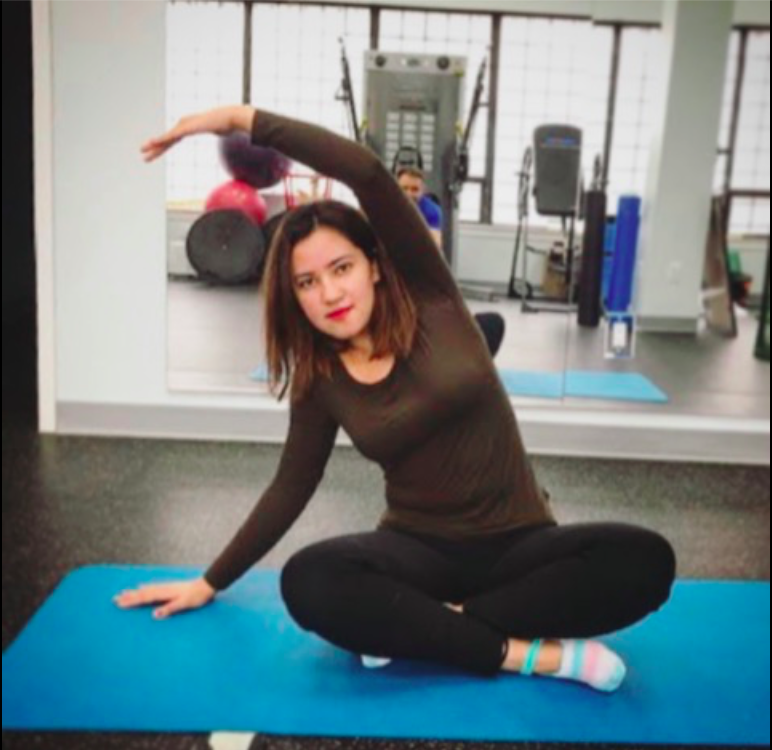BLOG
How To Beat Workout Soreness

Most of us are familiar with the post-exercise soreness that comes after a particularly strenuous exercise session. This pain, which is usually accompanied by stiffness and weakness, is often referred to as Delayed Onset Muscle Soreness, abbreviated to DOMS.
It is unclear exactly what the purpose of this pain is, as it is most intense 24-48 hours following an intense exercise session. However, we do know that muscles experiencing DOMS show signs of microtears throughout the tissues and the effects are worse following eccentric (controlled extension) exercises more than other types.
While DOMS is not indicative of any serious injury and has no lasting side effects, it can be very uncomfortable and is problematic for anyone who needs to perform again quickly, such as an athlete in a tournament stretching over a few days.
A person suffering from DOMS may also be at a higher risk of injury if they continue to play sport at their usual level. Understandably, many people are interested in how to avoid or reduce the effects of DOMS.
There is plenty of anecdotal evidence on how to reduce DOMS, however high-quality research is limited and there is certainly no quick fix to this problem.

Ways to Reduce or Prevent DOMS
When it comes to avoiding DOMS, both a warm up before exercise and a cool down afterwards are important. Many experts also recommendusing a foam roller on affected muscles following exercise. And while many people, particularly long-distance athletes are fond of using anti-inflammatory medication to reduce pain after exercise, the evidence shows that its effectiveness is limited and perhaps not worth the side effects of using the medication regularly.
Other advice includes gentle exercise, such as 20 minutes on a stationary bike, and mild stretching. Massage is not generally recommended, although some people may find it helpful. Staying hydrated during sports is always important, and keeping your fluid intake adequate while experiencing soreness afterwards can also help. If you are particularly brave, ice baths have recently been shown to have mild benefits in pain reduction.
None of the information in this newsletter is a replacement for proper medical advice. Always see a medical professional for advice on your individual injury.
Contact us at 905-997-8337 or send us an email at [email protected] to see how we can help you!




